We are living in a triple planetary crisis: climate change, biodiversity loss and pollution. Global warming, the extinction of species and introduction of harmful materials into the environment have become challenges on a global scale and threaten the planet and people alike. Plastics constitute a significant part of the global pollution threat at all stages of their lifecycle, including manufacture, consumption and disposal. As they degrade into macro-, micro- and nanoplastics, toxic and hazardous substances are released to the environment.
There is a need to understand the links between plastics and the triple planetary crisis, to search for multilateral solutions and minimise harmful impacts on the environment and people. The global nature of the plastics crisis has demanded research methods that respond to the needs and calls of people and communities from across the world.
The Revolution Plastics Institute (RPI), an interdisciplinary research group at the University of Portsmouth, has been pioneering the use of arts-based research methods such as theatre, music and visual arts in the plastics space for almost a decade. Working with diverse groups, including grassroots communities, industry, and decision- and policymakers, we have found these tools to be inclusive, effective and highly engaging.
Furthermore, arts-based methods disrupt traditional research hierarchies, uncover unexpected findings and can bring a range of environmental issues and perspectives to one narrative.
- Greening your university is not optional; it’s urgent
- THE Awards 2024 spotlight: learn from the best in UK and Irish higher education
- Why visible senior leadership in sustainability matters
More than two years ago, the UN Environment Assembly (UNEA) gavelled a historic resolution in which member states signed up to the ambition to deliver a final instrument by the end of 2024. The RPI team has contributed evidence-based research to the treaty negotiations (a series of five intergovernmental committee meetings – known as INCs), worked with UNEA on producing reports to inform negotiators, attended the treaty meetings and delivered events using arts-based methods to educate and research.
For example, at INC3 in November 2023, RPI collaborated with waste pickers from Kenya to develop a piece of legislative theatre titled Who Knows It Feels It: A Waste Picker’s Perspective for a Just Transition. This performance allowed waste pickers to share their lived experiences directly with policymakers, offering insights into the challenges they face in their daily work and advocating for their inclusion in the global treaty process. By using theatre as a diplomatic platform, the waste pickers’ voices were brought to the forefront of the negotiations, making a lasting impact on the audience.
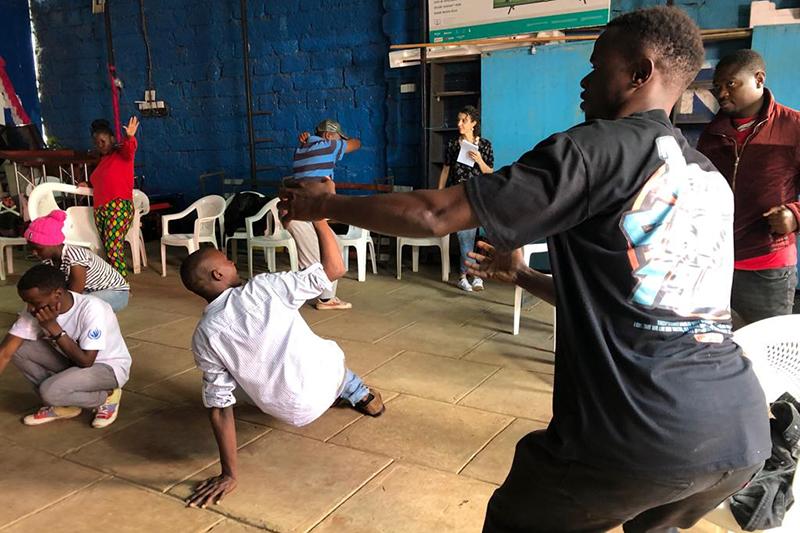
At INC4, RPI adopted a different creative format with the event Demystifying Reuse: The Game Show. Collaborating with reuse experts, RPI designed a game show to engage policymakers in a discussion about reuse systems, testing their knowledge and dispelling myths that could hinder the promotion of reuse in the treaty. This format allowed negotiators to interact with experts in a participatory setting, enabling them to explore the practicalities of reuse systems in a more engaging and memorable way than traditional presentations might allow.
At UNEA-6, RPI hosted an exhibition, Plastics Action Is Climate Action, that used a combination of visual arts, music and live performances to explore the links between plastics and climate change. A key feature of the exhibition was Jitu La Taka, a plastic monster created from waste collected at local dump sites. Jitu, along with other artistic displays, drew significant attention, fostering dialogue on the urgent need to address plastic pollution and its role in the broader environmental crisis. Through music and visual storytelling, the exhibit illustrated how art can communicate the complexities of the plastics crisis in ways that resonate emotionally with viewers, including high-level policymakers such as UNEA executive director Inger Andersen.
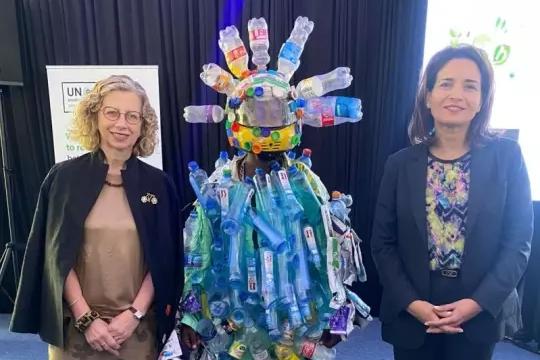
RPI’s use of arts-based methods goes beyond public engagement; it serves as a rigorous research tool that complements analytical and qualitative approaches. By integrating creative research methods into the policymaking process, RPI has contributed to growing academic interest in how the arts can be used to shape and evaluate policies. This approach has garnered recognition across the decision-making community, because it not only humanises the issue but facilitates deeper understanding and more nuanced discussions of the complexities involved in the plastics crisis.
As academics and researchers continue to explore creative research methods, the work of the RPI serves as a pioneering example of how these methods can be applied in a policy context. RPI’s research has shown that combining traditional and creative approaches can generate new insights and foster more effective solutions, especially in areas where community engagement and participation are critical.
Looking ahead, the RPI aims to further embed arts-based methods in the global response to the plastics crisis, particularly as the UN Plastics Treaty moves towards implementation at national level. These methods offer a powerful tool for bridging the gap between bottom-up, community-led approaches and top-down, government-driven policies. By using arts to facilitate dialogue and action, RPI hopes to ensure that the treaty is not only effective in addressing plastic pollution but inclusive of the voices and experiences of those most affected by it.
The RPI’s use of creative research methods serves as an important reminder that solving complex global challenges requires more than just data and policy recommendations. It requires a shift in how we engage with the issues, how we include marginalised voices and how we communicate the urgency of action. Through theatre, music, visual arts and other creative tools, RPI is showing the world how the art of change can be a driving force in solving the plastics crisis.
Cressida Bowyer is deputy director of the Revolution Plastics Institute at the University of Portsmouth. The Revolution Plastics Institute was shortlisted in the Outstanding Contribution to Environmental Leadership category in the 2024 THE Awards. A full list of nominees can be found here.
If you would like advice and insight from academics and university staff delivered direct to your inbox each week, sign up for the Campus newsletter.
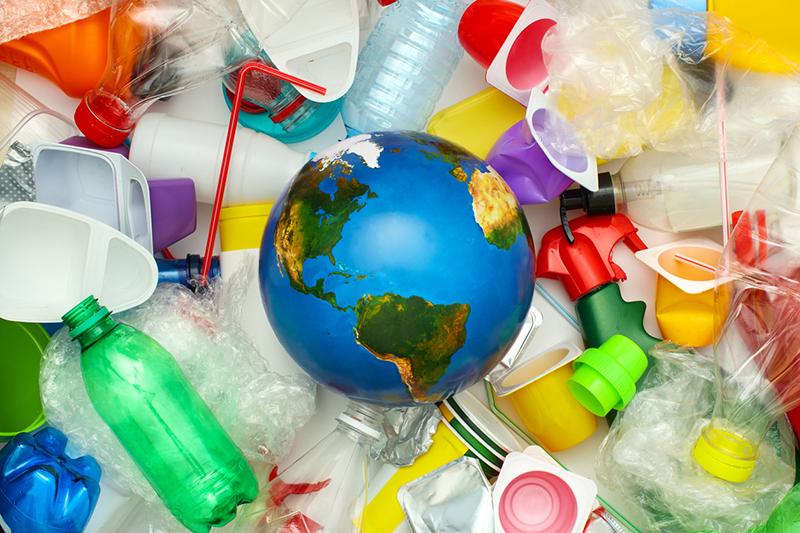

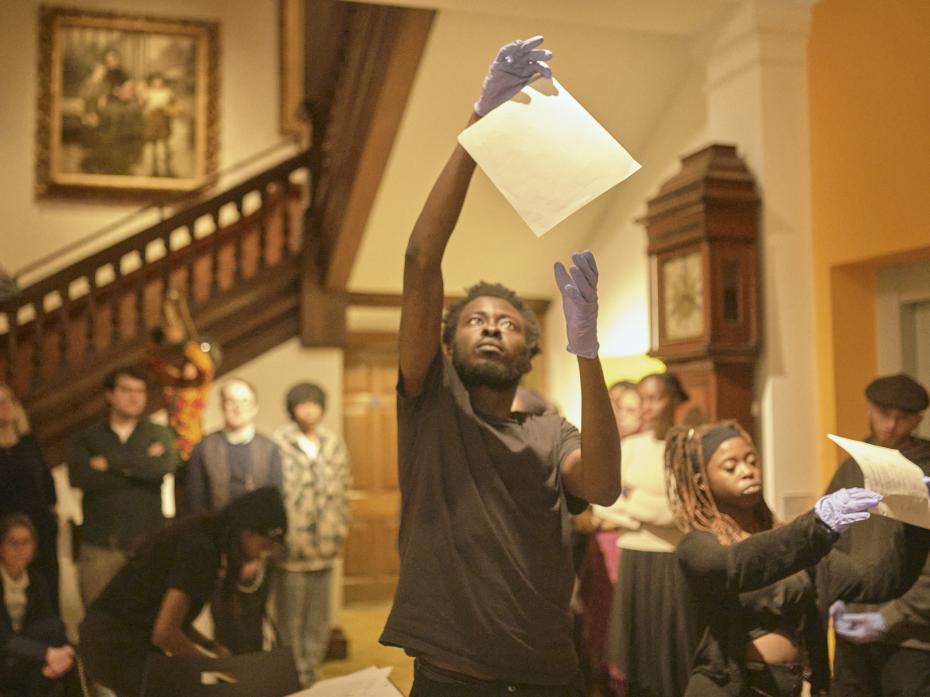
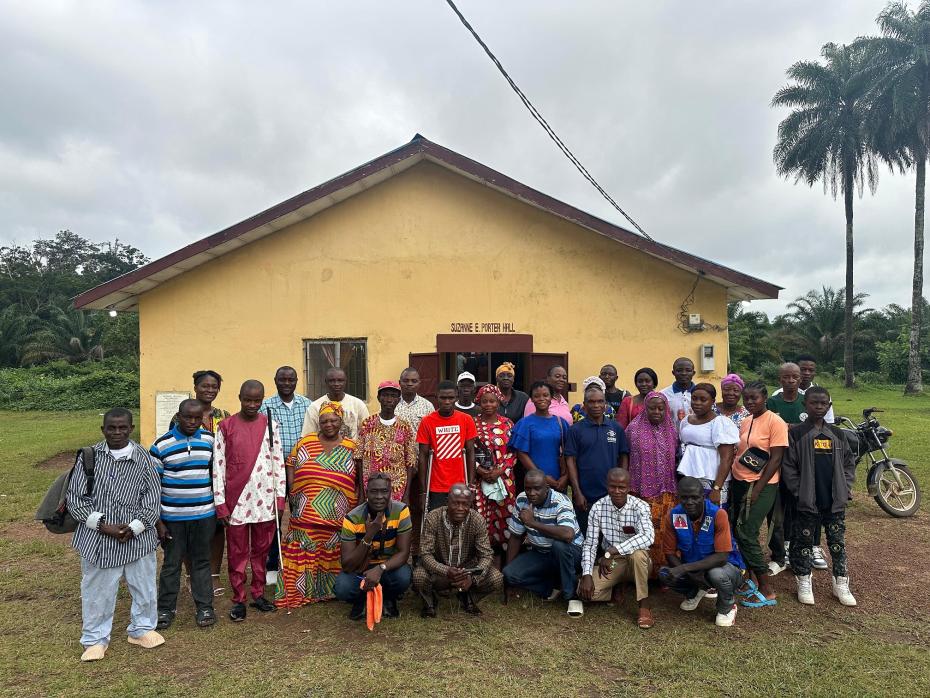
comment